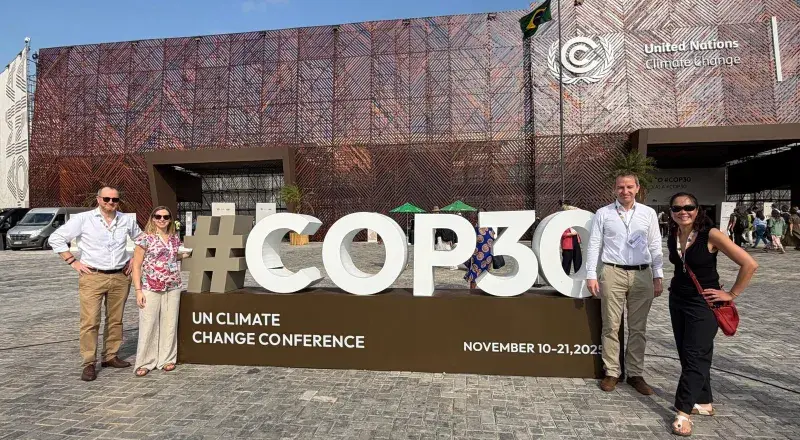Stakeholder engagement
We recognise our responsibility to generate long-term value for our shareholders, which requires considering the needs of customers, employees, partners and communities. We follow our corporate approach to stakeholder engagement, as detailed in our Annual Report and Accounts.
Stakeholder engagement is an essential part of our materiality assessment process. It shapes how we understand our role as a responsible business and influences our strategic business planning. Each of our stakeholders provides insights into their concerns, expectations and priorities. By understanding these issues, we can identify the most material topics to focus on and prioritise our actions accordingly.
We engage with stakeholders in a variety of ways that are tailored and appropriate to their needs. This includes:
- collaborating to establish goals and objectives
- partnering with organisations to achieve our goals
- engaging in the development of responsible business practices
- communicating with customers and communities
Learn more about who our stakeholders are and the work that we’re doing with them in the stakeholder section of our Annual Report and Accounts.
Political Lobbying
We maintain clear guiding principles and an integrated management approach with Board accountability and oversight for lobbying and engagement with elected leaders. Definitions of lobbying vary across the UK, US and EU, but our engagement with governments, elected representatives and officials is always conducted in a way that is appropriate for the jurisdiction in which the interaction takes place.
As a company that supports the climate science aim to keep global warming well below 2 degrees celsius above pre-industrial levels and to pursue efforts to limit the increase to 1.5 degrees celsius, our lobbying and engagement with elected leaders is aligned with these principles and is conducted to aid in their delivery.
Read more about our lobbying and political engagement on our Corporate political engagement page.
Trade Association Review
We’re a member of various trade associations across the UK, US and EU, where we share our knowledge, expertise and insight.
As part of our commitment to transparency, we conducted a review of the trade associations that we are a part of and assessed their alignment with climate policy and commitments. The review considered 35 trade associations and found that 31 were fully aligned, 4 were partially aligned and zero were misaligned with our climate position. In all four instances of partial alignment, it was related to the future role envisioned for natural gas in the clean energy transition. We will continue to engage with these organisations to work towards fully adopting our position.
Read our full Trade Association Review.
Dependencies
There are several policy and regulatory dependencies that we’ll need in the future, in order to make investments to support the decarbonisation of the energy sector and reduce our own emissions.
Involving our stakeholders is crucial to delivering against these dependencies. For example, working with our policymakers and regulators is essential to deliver required planning and permitting changes in the US and UK and to implement policies to promote energy efficiency and the use of low carbon fuels in the US. We will also need to work with customers to promote affordability, industry groups to advance fossil free fuels, and our communities to develop skills for jobs in the clean energy economy.
Find out more about dependencies in this video with our UK Sustainability Manager, Steve Thompson and US Environmental Sustainability Director, Michael DeNoia.

International engagement at COP30
National Grid delegates attended COP30 in Brazil to participate in events and demonstrate our continued commitment to a secure, reliable and cleaner energy transition.

Case study: Working with stakeholders to enable the energy transition in Massachusetts
Regular and extensive stakeholder engagement has been a key part to the development of our Electric Sector Modernization Plan, which sets out a strategic roadmap to modernise and upgrade the Massachusetts electric grid to enable an affordable clean energy transition.
